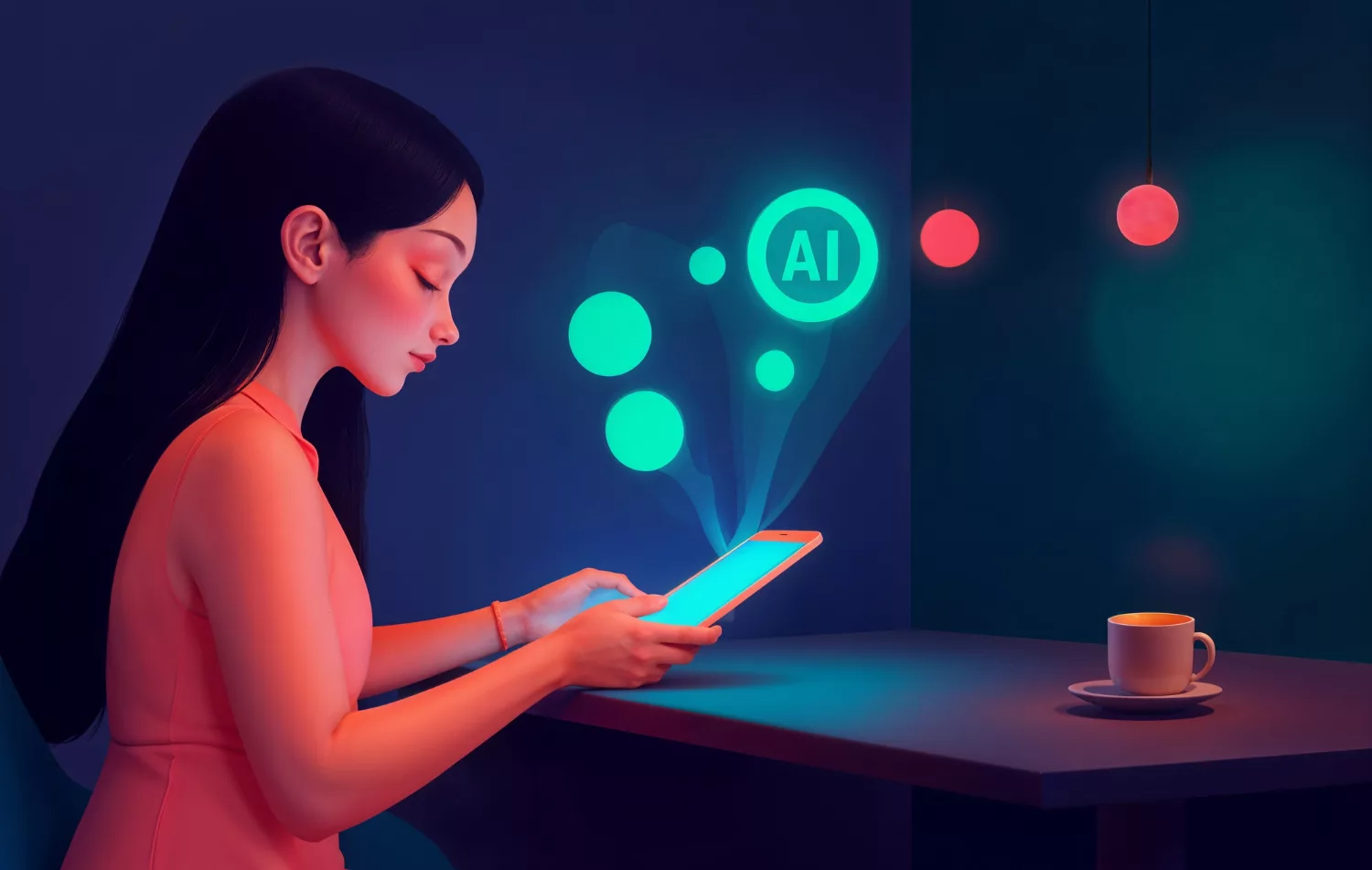In today’s hyper-connected digital world, personalization is no longer a luxury—it’s an expectation. Businesses that fail to deliver tailored experiences risk falling behind in user engagement, retention, and satisfaction. The future of AI in personalizing user experiences online represents a pivotal shift in how companies interact with their audiences. With artificial intelligence evolving rapidly, its capacity to understand user behavior, predict preferences, and deliver real-time personalized content is revolutionizing digital experiences across industries.
In this article, we delve into how AI is reshaping user experience personalization, explore key applications and strategies, and provide actionable insights for businesses looking to stay ahead.
Why AI-Driven Personalization Matters
- Enhances customer engagement and satisfaction
- Drives higher conversion rates and revenue
- Builds long-term loyalty and brand trust
- Enables scalable 1:1 marketing in real-time
How AI is Shaping the Future of Personalized User Experiences
1. AI-Powered Recommendation Engines
One of the most visible applications of the future of AI in personalizing user experiences online is content and product recommendation. Platforms like Amazon and Netflix use machine learning algorithms to analyze users’ browsing history, clicks, and behavior to deliver highly relevant suggestions.
- Netflix increased user retention by 75% through its AI-powered recommendation engine.
- Amazon attributes 35% of its revenue to product recommendations powered by AI.
2. Real-Time Behavioral Targeting
AI systems can now process user behavior in real-time to personalize content, layouts, and offers. This ensures that users receive a tailored experience based on their current intent—not just historical data.
Example:
E-commerce sites adjust homepage banners, product categories, and discounts based on whether the user is a new visitor, returning buyer, or high-intent shopper.
3. AI Chatbots and Virtual Assistants
Modern AI chatbots go beyond scripted answers. Using NLP (Natural Language Processing), they learn from interactions, adapt responses, and offer personalized assistance—whether it’s guiding a user to the right product or solving a service issue.
- Gartner predicts that by 2027, chatbots will become the primary customer service channel for 25% of organizations.
Key Benefits for Businesses
- Improved conversion rates through dynamic content delivery
- Reduced customer churn with personalized retention strategies
- Enhanced operational efficiency via automation and predictive analytics
- Increased lifetime value (LTV) of customers by targeting individual preferences
Implementing AI Personalization: Strategies for Success
- Start with Data Integration
Centralize data from web, mobile, email, CRM, and third-party platforms to enable AI to access complete user profiles. - Adopt Modular AI Tools
Use AI personalization platforms like Adobe Target, Dynamic Yield, or Salesforce Einstein to scale experiences. - Leverage Predictive Analytics
Anticipate customer actions and deliver proactive suggestions or offers. - Invest in A/B Testing with AI Support
Allow AI models to dynamically test layouts, messaging, and CTAs to identify what resonates with each user segment. - Ensure Ethical Use of AI
Be transparent about data usage and apply responsible AI principles to avoid privacy breaches or algorithmic bias.
Real-World Use Cases Across Industries
- Retail: AI curates personalized shopping experiences using virtual stylists.
- Healthcare: AI personalizes care recommendations based on patient history.
- Finance: AI assists in delivering investment advice tailored to client risk profiles.
- Education: Adaptive learning platforms use AI to adjust content difficulty and pace per learner.
Looking Ahead: What the Future Holds
The future of AI in personalizing user experiences online will be defined by hyper-personalization—where user journeys are fully tailored in real-time across every digital touchpoint. As technologies like generative AI, edge computing, and neuromorphic processing mature, expect even more seamless and intuitive user interactions.
Conclusion
The digital future belongs to those who can personalize at scale. By embracing the future of AI in personalizing user experiences online, businesses can forge deeper connections, drive meaningful engagement, and future-proof their digital strategies. Whether you’re an enterprise brand or a startup, now is the time to invest in AI-driven personalization tools that turn data into dynamic, human-centric experiences.
